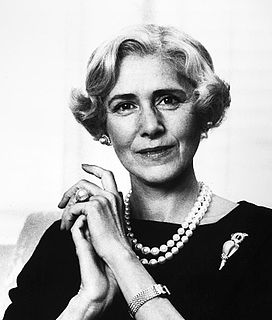A Quote by Sarah Weinman
In 2011, I contributed an essay to Tin House, 'The Dark Side of Dinner Dishes, Laundry, and Child Care,' talking about women writers I felt had fallen off the map.
Related Quotes
There is a story in the book Night Shift, called 'The Mangler,' about a laundry machine that takes on a sort of malignant life. I worked in a laundry for about a year and a half after I got out of college. It was the only job I could find to support my wife and our first child. There was a fellow there that had no hands or forearms. He simply had hooks. This is one of the things that they don't tell you about when you become management. You have to wear a tie. It was this fellow's tie that did him in.
I felt very maternal around eight months. And I thought I couldn't become any more until I saw the baby... But it happened during my labor because I had a very strong connection with my child. I felt like when I was having contractions, I envisioned my child pushing through a very heavy door. And I imagined this tiny infant doing all the work, so I couldn't think about my own pain... We were talking. I know it sounds crazy, but I felt a communication.
War is not a computer-generated missile striking a digital map. War is the color of earth as it explodes in our faces, the sound of child pleading, the smell of smoke and fear. Women survivors of war are not the single image portrayed on the television screen, but the glue that holds families and countries together. Perhaps by understanding women, and the other side of war ... we will have more humility in our discussions of wars... perhaps it is time to listen to womens side of history.
I was a child of the women's movement. Everything I had learned was from my mother and my grandmother, who both had a very pioneering spirit. They had to, because they had to change flat tires and paint the house - because, you know, the men didn't come home from the war or whatever else, so women had to do these things.
































